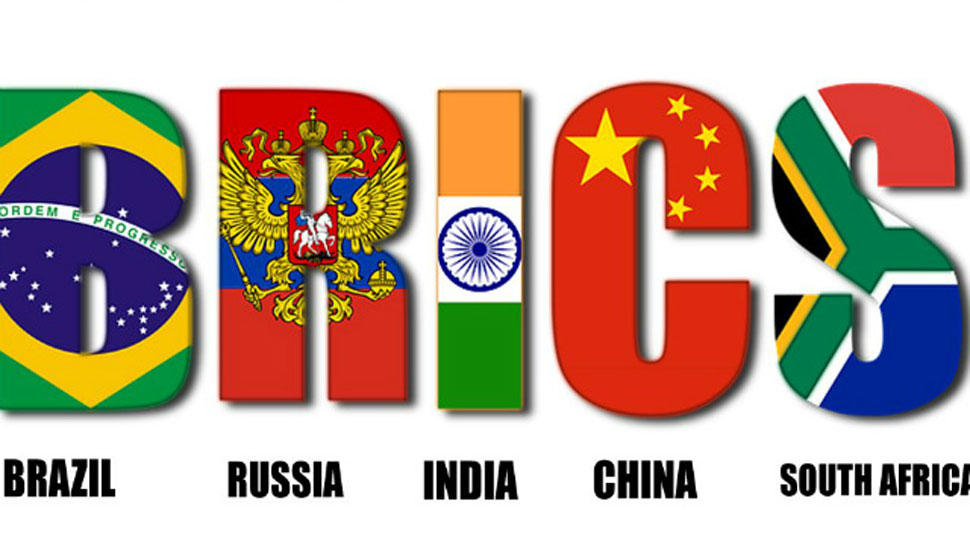BRICS: Shaping a Diverse and Inclusive Global Future(Also Me)
The BRICS, comprising Brazil, Russia, India, China, and South Africa, form a significant coalition of populous, expansive, and swiftly advancing economies globally. Together, they've forged a political and economic union aimed at challenging the dominance of the Western-led global order, striving for a more diverse and inclusive world.
The concept of BRICS was initially proposed by Jim O'Neill, a former economist at Goldman Sachs, in 2001. He coined the acronym "BRIC" to encapsulate four emerging markets he foresaw as potential collective leaders in the global economy by 2050. This forecast was based on demographic, economic, and geopolitical trends observed in Brazil, Russia, India, and China. Post their initial meeting during the 2006 G8 summit, these four nations began closer cooperation. Their inaugural official summit took place in Russia in 2009, covering topics like the global financial crisis, climate change, energy security, and international institution reform. In 2010, South Africa was invited to join, infusing an African perspective into the group, and thus the BRICS came into being. Since then, the BRICS have convened annual summits and expanded their collaboration in diverse areas. They've established various institutions to advance their objectives. Notably, the New Development Bank (NDB) funds infrastructure and sustainable development projects, the Contingent Reserve Arrangement (CRA) provides financial aid in times of crisis, and the BRICS Business Council promotes trade and investment within the member states. In the realm of global affairs, the BRICS have emerged as a significant force. They represent around 42% of the world's population, cover 27% of its landmass, account for 33% of its GDP (PPP), and constitute 17% of the world's trade. They've also heightened their influence in international organizations including the UN, IMF, World Bank, and WTO. Advocating for a more democratic and inclusive global governance system, the BRICS call for a reform of the UN Security Council to be more representative and efficient. They advocate for greater representation and voting power for developing nations in the IMF and World Bank. Additionally, they stand for multilateralism while opposing unilateralism and protectionism in international relations. The BRICS have played a pivotal role in global development and stability, providing assistance and cooperation to other developing regions, particularly in Africa and Asia. They've supported initiatives like the Belt and Road Initiative (BRI) to boost connectivity and integration across regions. Furthermore, they've taken constructive steps in addressing global issues such as terrorism, climate change, health, and cybersecurity. Looking ahead, the BRICS face a multitude of opportunities and challenges in their future development. While they possess substantial potential for economic growth, enhanced living standards, and amplified global influence, they also encounter internal and external obstacles such as social disparity, political instability, environmental degradation, geopolitical competition, and global unpredictability. For the BRICS to realize their shared objectives, they must bridge their disparities and fortify their unity. This involves deepening cooperation in realms like trade, investment, innovation, education, culture, and people-to-people exchanges. They must also bolster their coordination on regional and global concerns, encompassing security, development, human rights, and international institution reform. Expanding outreach to other partners and stakeholders is crucial for establishing trust and consensus.
The BRICS find themselves in a distinctive position to shape the world's future. They share a vision of a more affluent, harmonious, and inclusive world. They bear a collective responsibility to champion multilateralism and international law. Their strategic partnership has the potential to benefit not only themselves but also the wider global community. The significance of the BRICS lies in their potential to make a meaningful impact.

Comments
Post a Comment